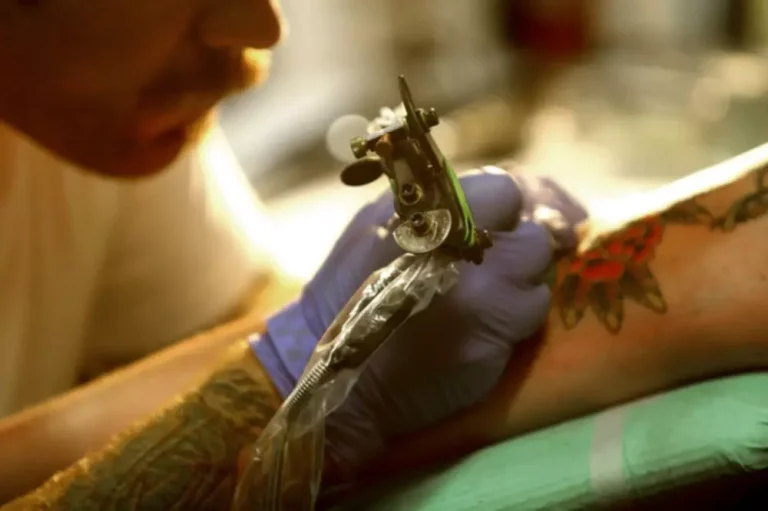
This rewiring process involves creating new synaptic connections and strengthening existing ones. It can take years for the brain to fully recover from long-term substance use. Another significant social challenge in sobriety is navigating a society where alcohol consumption is often normalized and even glorified.
Why Am I Bored When I’m Sober?
I didn’t realize how deeply embedded it was until I got sober. When alcohol becomes an integral part of your fear of being sober life, it’s scary to think about who you are without it. There are a lot of unknown answers and some people do not want to know themselves without this toxic substance.
Dual Diagnosis 101: How Mental Health Disorders and Substance Use Disorder Often go Hand in Hand

Sobriety is going to show what real relationships can look like. Re-evaluating your relationships with other people is part of the process. If you’re early in your sobriety or stuck in a cycle of relapse, you might find yourself questioning why you’re doing this to yourself. Trying to become sober all on your own can be really scary.
What Is Sobriety, Anyway?
By seeking professional help and implementing coping strategies, individuals can tackle both conditions simultaneously and pave the way for long-term sobriety. Getting sober means replacing your primary coping mechanism – drugs and alcohol – with new, unfamiliar ones. The process can be uncomfortable, particularly for someone who is afraid of feeling in general. Staying stuck in this fear generally means staying stuck in addiction. It wasn’t until well into my sobriety that I thought, “this is for me.” During my first year of sobriety it was just something I was doing, not drinking.

What is nifaliophobia? Understanding the fear of being sober
- They’ll have to feel emotions again without numbing them with drink or drug and maneuver their way through tricky family and relationship dynamics.
- The fear of being sober is often about dealing with your loss of a coping mechanism for “real” life.
Being at a party or trying to find the perfect romantic partner without alcohol is the stuff of nightmares for many people. Even people for whom alcohol is not a problem experience this. Navigating your existing relationships in sobriety is a huge challenge. The good thing is that you don’t have to worry about that in the beginning. Maybe these people have been in your life since childhood, and you’ve all fallen into the same trap. Sober movements are redefining what it means to have fun and challenging alcohol’s role in our social lives.


When substances are introduced, they cause an artificial surge in dopamine levels, far exceeding what’s typically experienced from natural rewards like food or social interactions. The stress of everyday life, which may have previously been numbed by substance use, can feel overwhelming in sobriety. Learning to cope with stress, anxiety, and depression without turning to substances is a crucial skill in recovery, but it’s one that takes time and effort to develop.
Does A Drunk Mind Speak A Sober Heart? Not Exactly
Support groups, such as 12-step programs or therapy groups, offer a safe space to share struggles, gain insights, and learn from others’ experiences. Recognizing and addressing these common fears in recovery is essential for overcoming them and achieving long-term sobriety. It is important to seek support from professionals, build a strong support network, and utilize therapeutic techniques to navigate these fears effectively.
They are Afraid Life Will Be Boring

I wasn’t sure where I was going with it, if I would stay sober forever, or even if I was an actual alcoholic. Sobriety is often tied to the extreme stereotype of addiction, the old homeless man that lives under the bridge, the heroin addict who shoots up in the bathroom. Sobriety is not considered for people who black out every once in awhile, or just booze at social events, but the reality is sobriety is possible for everyone. I feel like a lot of people fear they will like sobriety and then will have to deal with the repercussions of telling everyone in their life they no longer drink. In early sobriety, emotions can feel overwhelming and unpredictable. This is partly due to the brain’s chemical imbalance as it adjusts to functioning without substances.
